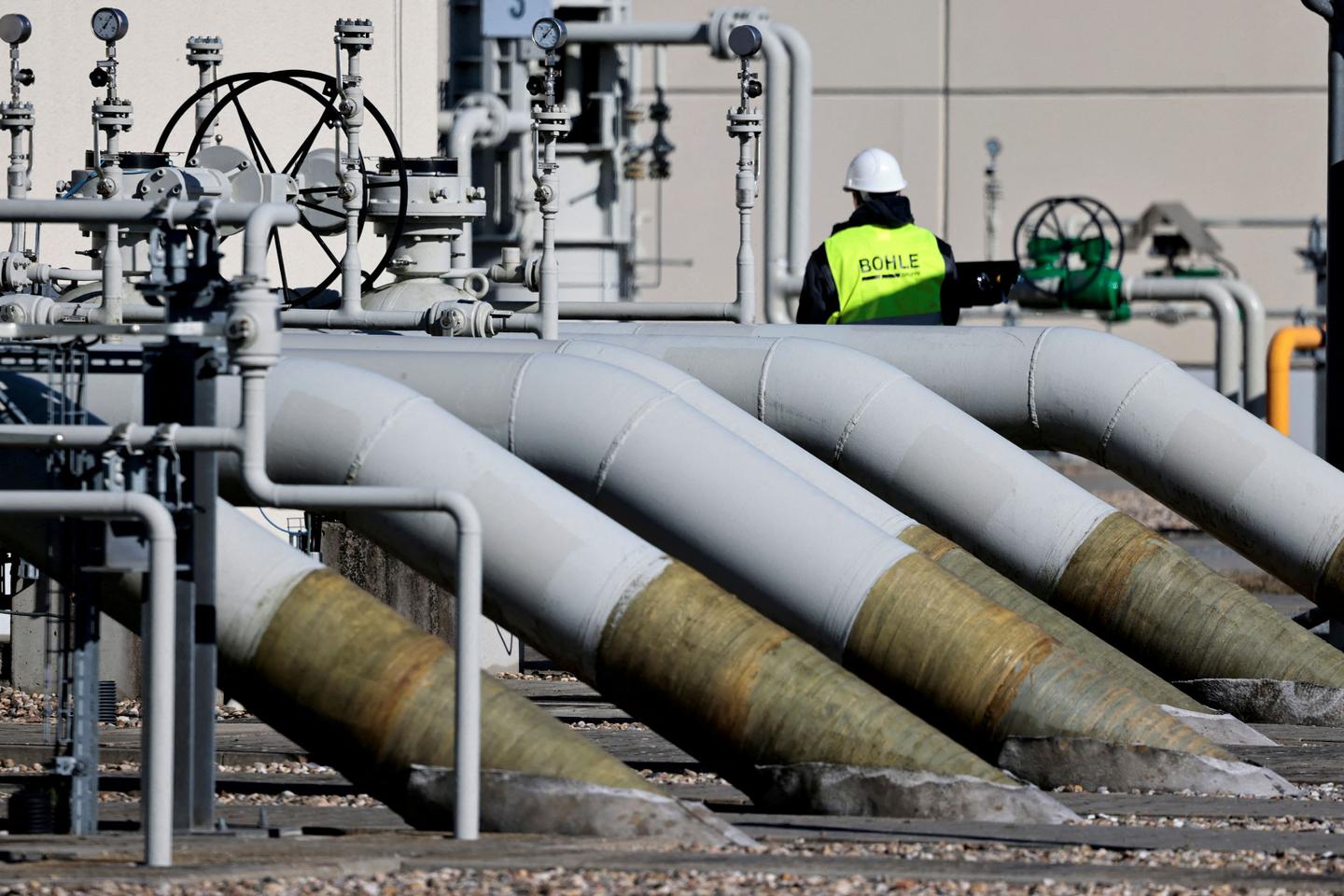


One piece of news, coming from a real estate developer turned ceasefire negotiator, and thanks to an ex-real estate developer turned United States president, warrants attention. On his return from Saint Petersburg, where he met with Russian President Vladimir Putin for the third time, Steve Witkoff, US President Donald Trump's special envoy, celebrated, while speaking to Fox News on Monday, April 14, "the possibility to reshape the Russian-US relationship through very compelling commercial opportunities, that, I think, give real stability to the region too."
"Partnerships create stability," justified the special envoy. "Well, you know what," added the show's host, Sean Hannity, "money solves a lot of problems, Steve. You've been a successful businessman your whole career!" Witkoff said he believed he was "on the verge of something that would be very, very important for the world at large." He was convinced that Putin wanted "a permanent peace" in Ukraine – which did not stop him from bombing the city of Sumy the day before, killing 35 people – but "it's a complicated situation."
What, then, could be the "commercial opportunities" the envoy was hinting at? Much has been said about a possible agreement between Washington and Kyiv to allow American companies to extract minerals and rare earths that the Ukrainian subsoil is supposed to be rich with, even though no one has seen the slightest nugget. Trump's team has been less vocal about another raw material, which would be as lucrative as it is controversial: Russian gas. Yet, this is what it could all be about. Russian gas and Europe is an old story that ended badly, but the Trump administration seems ready to revive it.
A brief reminder: Until the Russian invasion of Ukraine in 2022, the prosperity of Germany's industrial sector largely relied on the unlimited supply of gas, which Russia sold to it cheaper than it did to all other European countries. Two pipelines, Nord Stream 1 and then Nord Stream 2, were built by the Russian giant Gazprom to transport gas to Germany through the Baltic Sea. Over the years, and despite warnings from both its neighbors and Brussels, Berlin became wholly dependent on Moscow for its energy supply, at the cost of serious strategic vulnerability. This link was severed with the 2022 invasion; within a year, Germany had to shift to liquefied gas imported from elsewhere, which it pays 30% more for. The pipelines were shut off, one of them was damaged by an act of sabotage and the Nord Stream company, a Gazprom subsidiary registered in Switzerland, went bankrupt.
You have 56.41% of this article left to read. The rest is for subscribers only.
